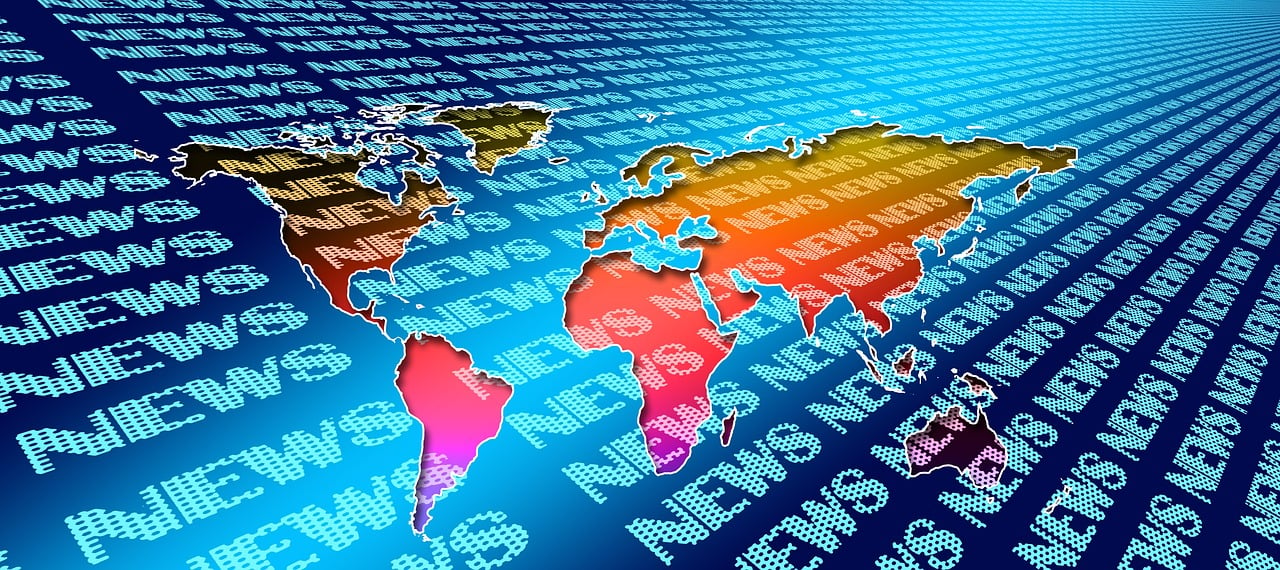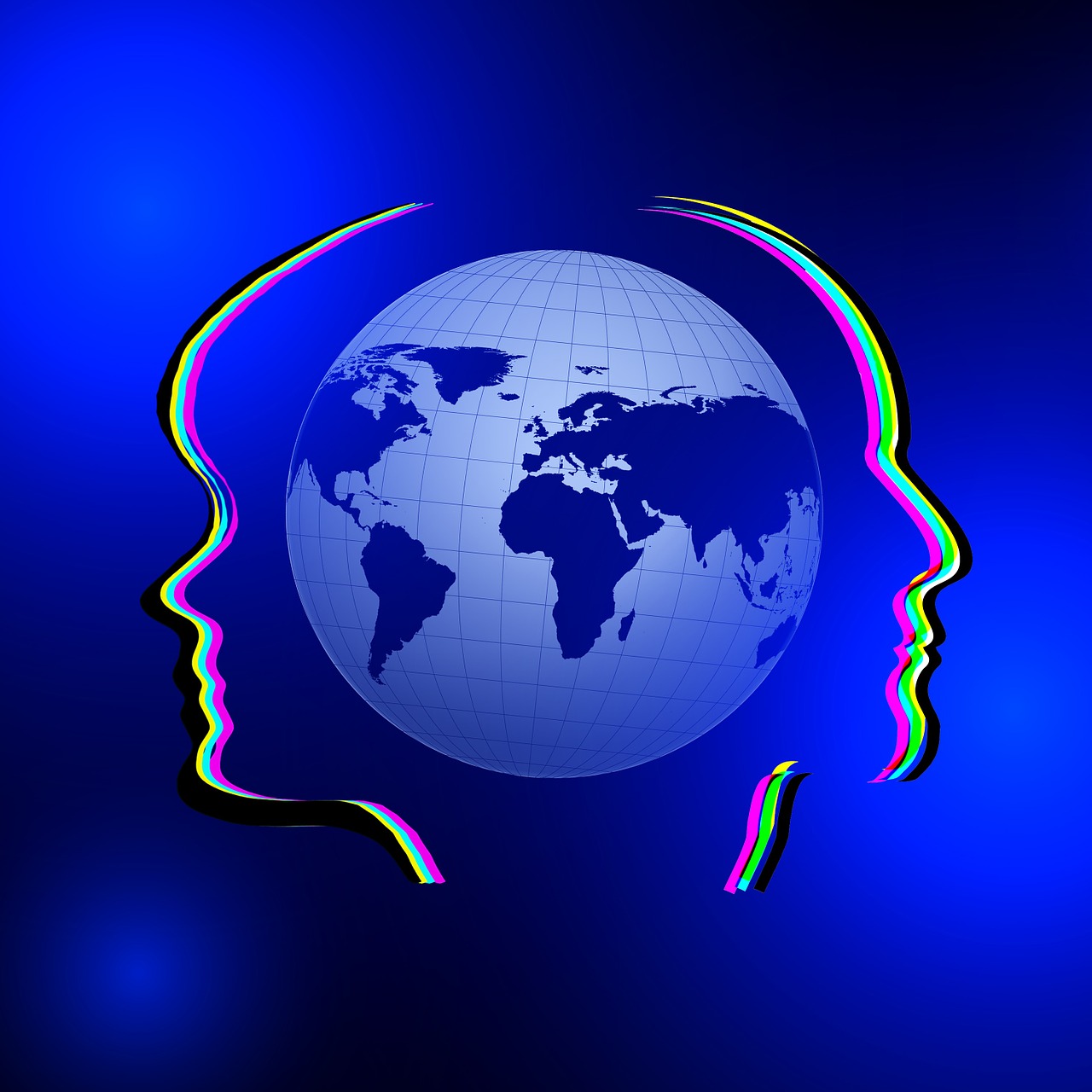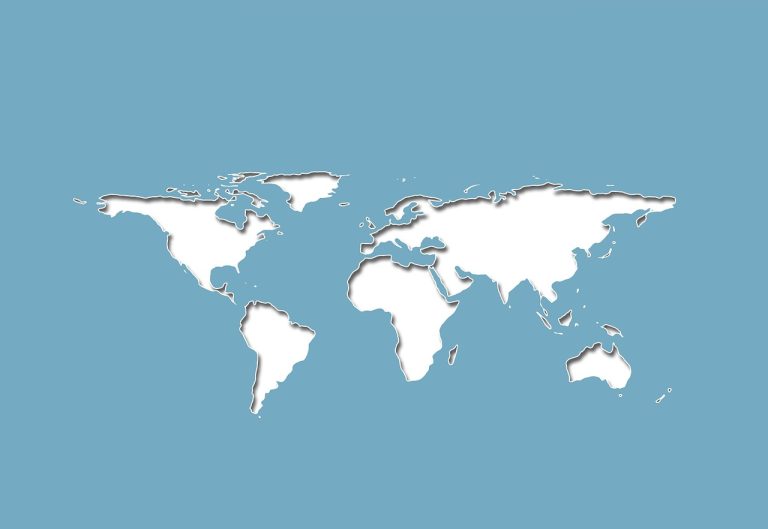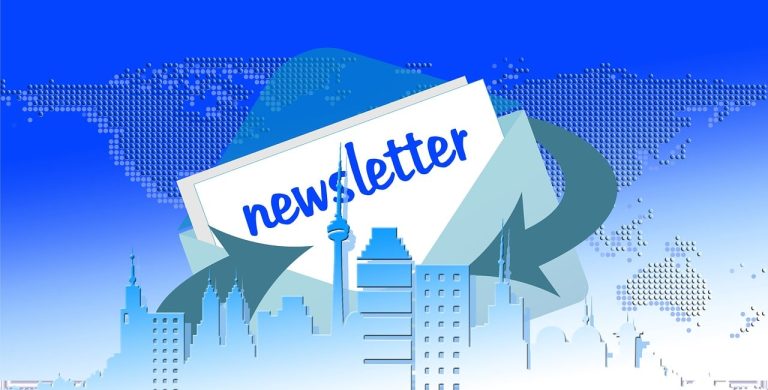
The Tug-of-War in Philippine Education Policies: Political Agendas and Their Consequences on the Future Generation
The landscape of education in the Philippines is a battleground where political agendas clash, leaving the future generation caught in the crossfire. With a rich tapestry of cultural diversity and historical influences, the Philippines faces unique challenges in shaping its educational policies. This article delves deep into the intricate dynamics of how political interests influence educational reforms and the far-reaching consequences they pose on the country’s youth.
Historical Context of Education in the Philippines
To comprehend the current state of education in the Philippines, it is essential to understand its historical context. The education system has evolved from its roots in the Spanish colonial period, through the American occupation, to the present day. Each era introduced distinct educational policies reflective of the ruling powers’ interests. The Philippine education system today is a blend of these historical influences, aiming to balance global competitiveness with cultural identity.
Political Agendas in Educational Policy-Making
Education policies in the Philippines are often subject to the whims of political agendas. Government officials and lawmakers wield significant power in shaping educational reforms, often prioritizing political gains over educational efficacy. One glaring example is the controversial K-12 program, which extended the basic education cycle from 10 to 12 years. While it aimed to align the country’s educational system with international standards, its implementation faced significant backlash due to inadequate preparation and resource allocation.

Another critical aspect is the allocation of the national budget for education. Despite the constitutional mandate to prioritize education, political biases often influence the distribution of funds, resulting in disparities that affect the quality of education across regions. The World Bank has highlighted these challenges, emphasizing the need for equitable resource distribution to enhance educational outcomes.
Impact on Teachers and Students
Teachers and students are at the frontline of educational policies. Political interference in education often leads to inconsistent policies, affecting their performance and morale. Teachers, burdened with low salaries and inadequate training, struggle to deliver quality education. The introduction of new curriculums without proper training exacerbates these challenges, leaving teachers to fend for themselves.
Students, on the other hand, face an uncertain future due to the inconsistent educational policies. The lack of continuity in programs and the frequent changes in curricula lead to confusion and hinder their learning. Furthermore, the focus on political objectives rather than educational needs often results in a curriculum that does not adequately prepare students for the global stage. Reports from the UNICEF Philippines indicate that these systemic issues contribute to the high dropout rates and poor academic performance observed in many parts of the country.
Regional Disparities and Inequality
The Philippines’ archipelagic geography also contributes to significant regional disparities in education. Urban areas, particularly Metro Manila, tend to receive more attention and resources, while rural and remote areas are often neglected. This inequality creates an educational divide, with students in rural areas having limited access to quality education, facilities, and learning materials.

Political favoritism exacerbates this divide, as regions aligned with the ruling government often receive more funding and support. Such practices perpetuate a cycle of inequality that hinders the country’s overall educational progress and economic development. The ASEAN Economic Community stresses the importance of addressing these disparities to ensure inclusive growth and development in the region.
The Role of Non-Governmental Organizations
In the face of political interference and systemic challenges, non-governmental organizations (NGOs) have emerged as crucial players in advocating for educational reforms. NGOs in the Philippines work tirelessly to bridge the gap by providing resources, training, and support to marginalized communities. They also serve as watchdogs, holding the government accountable for its educational commitments.
Organizations such as the Oxfam Philippines champion the cause of equitable education by implementing grassroots initiatives that empower local communities. These efforts are vital in mitigating the adverse effects of political agendas on education and ensuring that every Filipino child has access to quality education.
Conclusion: A Call for Policy Reforms and Political Will
The tug-of-war in Philippine education policies underscores the urgent need for comprehensive reforms that prioritize the educational needs of the future generation over political agendas. It is crucial for policymakers to adopt a holistic approach that considers the diverse needs of students across the country.
Building a resilient education system requires political will, transparency, and accountability. The government must collaborate with stakeholders, including educators, parents, and NGOs, to craft policies that promote inclusivity and quality. By addressing systemic issues and ensuring equitable distribution of resources, the Philippines can unlock the full potential of its youth, paving the way for a brighter future.

The Importance of Stakeholder Involvement
Engaging a wide range of stakeholders is critical for the success of educational reforms in the Philippines. Policymakers must actively involve teachers, parents, students, and local communities in the decision-making process. By incorporating diverse perspectives, educational policies can be more effectively tailored to meet the unique needs of Filipino learners.
Teachers, as the primary implementers of educational programs, should be consulted to provide insights into the practical challenges of curriculum changes. Their firsthand experiences can inform more realistic and applicable policies. Similarly, parental involvement is crucial in shaping educational outcomes. Parents can advocate for their children’s needs and ensure that educational policies align with family and community values.
Innovative Approaches to Education
Given the rapid technological advancements and changing global landscape, the Philippines must embrace innovative educational approaches to remain competitive. Integrating technology into the classroom is one such strategy that can enhance learning experiences and provide students with essential digital skills.
Programs that incorporate digital literacy, coding, and online learning platforms can prepare students for the demands of the modern workforce. Partnerships with technology companies and educational technology providers can facilitate the adoption of these innovative solutions, especially in under-resourced areas. Additionally, promoting STEM (science, technology, engineering, and mathematics) education can drive interest and proficiency in fields crucial for national development.
Conclusion: A Vision for the Future

The tug-of-war in Philippine education policies is a reflection of broader societal challenges that require urgent attention and action. By prioritizing equitable education, fostering stakeholder involvement, and embracing innovation, the Philippines can transform its education system into a powerful tool for national progress.
As the country moves forward, it is imperative that all sectors of society work collaboratively to create an environment where political agendas do not overshadow the fundamental right to education. With a collective commitment to reform and improvement, the Philippines can nurture a generation of well-rounded, capable citizens ready to contribute to the global community.
Ultimately, the future of Philippine education lies in the hands of its leaders, educators, communities, and most importantly, its students. By empowering the youth with quality education and opportunities, the nation paves the way for a prosperous and sustainable future.
The Role of Government Accountability and Transparency
One of the pillars of effective educational reform is government accountability and transparency. Citizens must be able to trust that their government is making informed, unbiased decisions in the best interest of the nation’s children. This requires a consistent effort from government bodies to operate transparently, allowing stakeholders access to key policy discussions and decisions.
To ensure accountability, independent bodies and watchdog organizations should monitor the implementation of educational policies. These groups can provide unbiased evaluations of policy effectiveness and ensure that resources are used appropriately. Regular public reports and open forums can also help maintain transparency, allowing the public to hold officials accountable for their actions.
Enhancing Teacher Training and Development
The professional development of teachers is fundamental to the success of any educational reform. Continuous training and support can help educators adapt to new curricula and teaching methods, ultimately benefiting students. The government, along with educational institutions, must invest in comprehensive training programs that address both pedagogical skills and subject matter expertise.

Mentorship programs and professional learning communities can offer teachers additional support by fostering collaboration and knowledge sharing. By creating an environment that values and invests in teacher development, the Philippines can not only improve educational outcomes but also elevate the teaching profession as a whole.
Community-Led Educational Initiatives
Beyond government efforts, community-led educational initiatives play a crucial role in creating sustainable educational environments. Local communities often have unique insights into the specific needs and challenges faced by their schools. Encouraging community involvement can lead to grassroots projects that address local educational gaps.
For instance, community-led tutoring programs, extracurricular activities, and scholarship funds can provide students with additional learning opportunities. By leveraging the strengths and resources of the community, these initiatives can create a supportive learning environment that complements formal education.
Conclusion: Building a Resilient Education System
As the Philippines navigates the complexities of educational reform, it is essential to cultivate a system that is resilient and adaptable to change. This requires a commitment to ongoing evaluation and refinement of policies, ensuring they meet the evolving needs of students and society.
The journey towards educational excellence is a collaborative one, requiring the dedication and cooperation of all stakeholders. By fostering an inclusive dialogue and prioritizing the educational aspirations of the youth, the Philippines can forge a path toward a brighter, more equitable future.
Ultimately, the success of educational policies lies in their ability to empower individuals and strengthen communities. With the right strategies, resources, and commitment, the Philippines can transform its education system into a model of innovation and inclusivity for the region and beyond.




